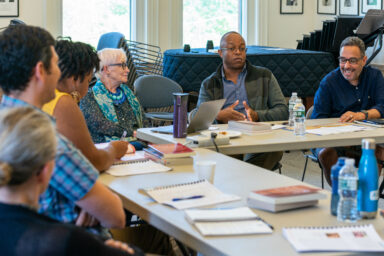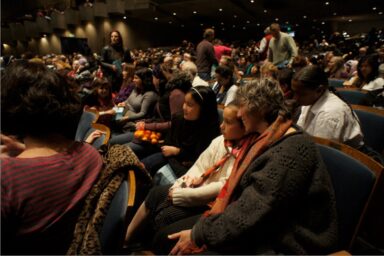Parasympathetic regulation in the classroom differentially predicts preschoolers’ socially competent behaviors.
Research shows that children’s early social competence predicts their later academic and interpersonal success. Accordingly, early childhood education programs increasingly aim to evaluate and support children’s social skill development.
Despite ample theoretical and empirical work demonstrating the role of the parasympathetic nervous system (PNS) in supporting neurophysiological processes that underlie social behaviors, no study has explicitly tested whether the assessment of PNS activity in childhood educational settings provides insight into children’s social functioning. The current study addresses this gap by examining the influence of context-specific PNS regulation, assessed via respiratory sinus arrhythmia (RSA), in predicting preschool children’s socially comnt behavior toward peers in the classroom.
Results showed that 1) RSA withdrawal (e.g., decreases relative to a baseline task) during unstructured classroom activities predicted children’s socially competent behaviors during these unstructured activities but not during structured activities, whereas 2) withdrawal during structured classroom activities predicted children’s socially competent behaviors during structured activities.
These results indicate that PNS activity makes context-specific contributions to children’s social behaviors and highlight the importance of assessing neurophysiological regulation in context.




